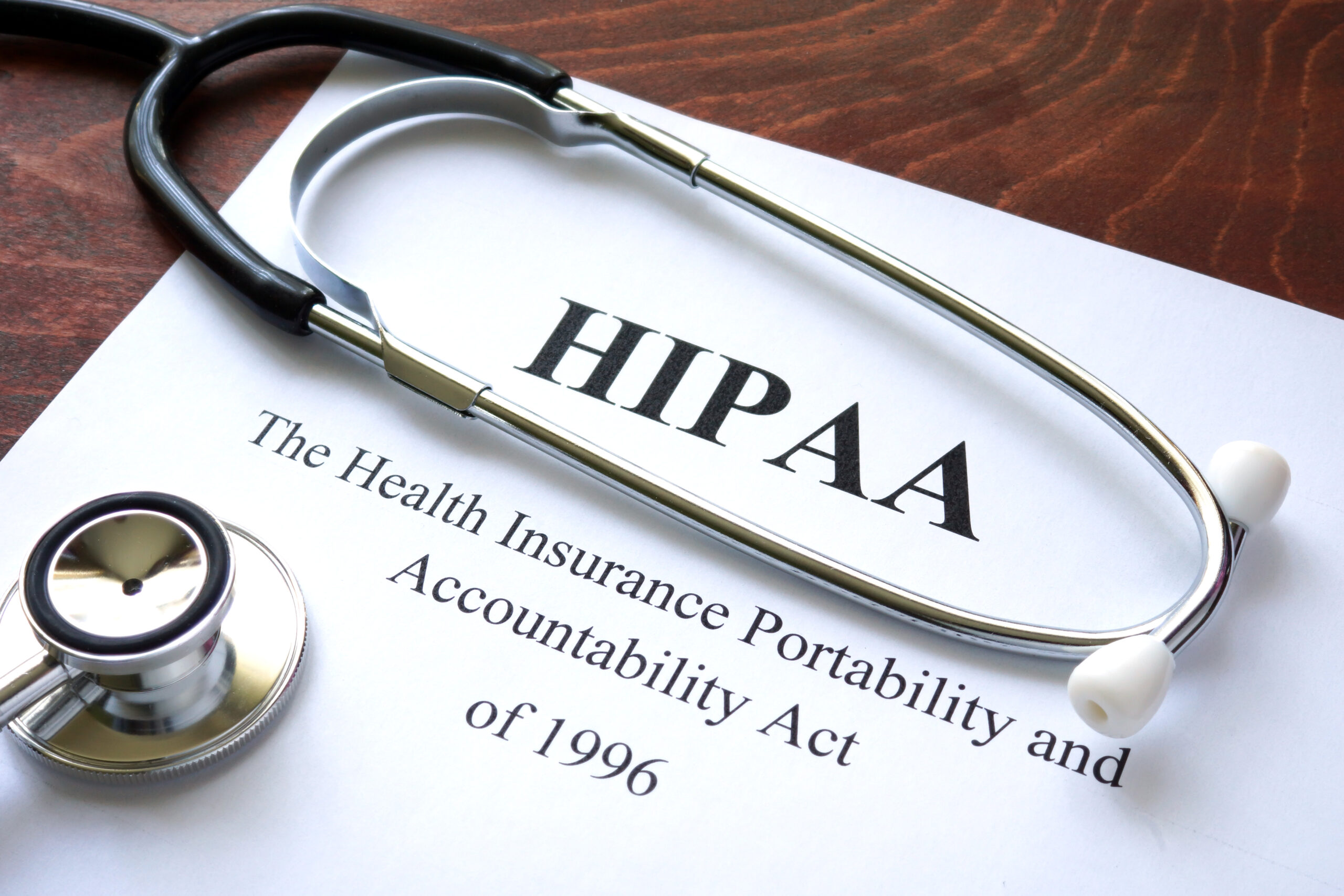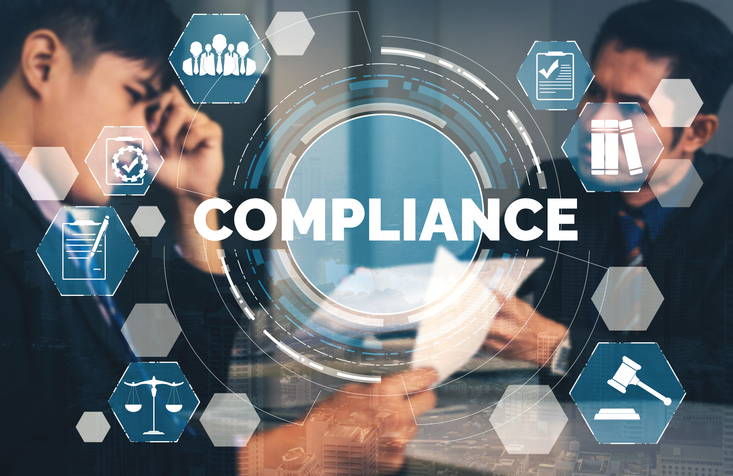Effective HIPAA reporting is critical when maintaining compliance with the Health Insurance Portability and Accountability Act (HIPAA). For HR professionals, managing the reporting and investigation of HIPAA violations can be challenging, but a streamlined approach ensures timely responses, fosters employee trust, and minimizes legal risks. This blog explores practical steps HR teams can take to optimize HIPAA reporting and investigation processes.
Why HIPAA Reporting is Essential
A well-organized HIPAA reporting system is vital for:
- Compliance: Ensuring adherence to HIPAA’s strict privacy standards and avoiding fines.
- Efficiency: Addressing violations promptly to prevent further breaches.
- Trust: Reassuring employees that their sensitive information is handled responsibly.
Steps to Enhance HIPAA Reporting
- Provide Comprehensive Employee Training
Educating employees on what constitutes a HIPAA violation is the foundation of an effective reporting system. Training should cover:
- How to identify HIPAA violations.
- The importance of immediate reporting.
- The tools available for submitting a report.
Interactive and scenario-based training fosters confidence among employees, encouraging proactive reporting.
- Establish User-Friendly Reporting Channels
Simplify the reporting process by offering multiple, accessible channels, such as:
- Anonymous hotlines.
- Digital reporting portals.
- Email or in-person submissions to designated HR personnel.
Clear instructions on how to use these channels should be included in onboarding materials and compliance training sessions.
- Create Transparent Reporting Protocols
Ensure that employees understand the reporting process by outlining:
- Who receives the report.
- The steps taken after submission.
- Expected timeframes for follow-up and resolution.
Transparency reduces uncertainty and builds trust in the system.
Best Practices for Investigating HIPAA Violations
- Form a Specialized Compliance Team
Assign a team trained in HIPAA regulations to handle investigations. This ensures violations are addressed by knowledgeable professionals, reducing the risk of errors. - Leverage Technology for Case Management
Case management software streamlines investigations by tracking reports, progress, and resolutions. These tools also support internal audits and help identify patterns in violations. - Ensure Confidentiality
Respecting the privacy of all parties involved in a HIPAA investigation is non-negotiable. HR teams must balance transparency with confidentiality to maintain trust. - Collaborate with Other Departments
Work closely with IT and legal teams during investigations. IT can help determine the scope of a potential breach, while legal ensures compliance with all regulatory requirements.
Building a Culture of Accountability
To support effective HIPAA reporting, organizations must foster a workplace culture that prioritizes compliance and accountability. Regular communication, leadership support, and ongoing education reinforce the importance of protecting sensitive health information.
By adopting these best practices, HR teams can simplify the complexities of HIPAA reporting and investigations, demonstrating their commitment to compliance and employee trust.








